Description
JeanAnne Johnson Talbert – Substance Abuse Among Medical Patients: A Hidden Truth download, JeanAnne Johnson Talbert – Substance Abuse Among Medical Patients: A Hidden Truth review, JeanAnne Johnson Talbert – Substance Abuse Among Medical Patients: A Hidden Truth free
JeanAnne Johnson Talbert – Substance Abuse Among Medical Patients: A Hidden Truth
- Pharmacology of abused substances
- Effective screening of medical patients for substance use disorders
- Assessment and treatment of withdrawal symptoms
- Emergency interventions
- Medical complications of substance use disorders
The typical med/surg nurse cares for 6 patients in a shift. Statistics indicate that 2 of those patients have an underlying substance use disorder. Are you prepared to deal with withdrawal symptoms? Do you know how to assess for them?
A patient is recovering from his knee surgery and is reporting 10/10 pain. This seems impossible to you, as you have given him 20mg of IV Dilaudid. You think to yourself, “He should be apneic with that much Dilaudid!” How is this patient requiring so much opiate analgesia – and how much can you really give him?
A patient is admitted to the hospital for a leg abscess. She reports that she was bitten by a spider and it continued to get worse. She is receiving IV antibiotics. As you assess her, you notice strange looking vein patterns – almost as if her veins were black beneath the skin. Later in your shift, she begins sweating profusely, has diarrhea and begins yelling that her skin is crawling and her joints hurt tremendously. What is going on with her?
With the pervasive problems our society has with substance abuse, it is imperative that healthcare professionals have skill to meet the physical and psychological needs of those trusted to our care. JeanAnne Johnson Talbert, DHA, APRN-BC, FNP, PMHNP, AOCN, CARN-AP, will draw from her vast expertise during this practice-changing one-day event.
Speaker
JeanAnne Johnson Talbert, DHA, APRN-BC, FNP, PMHNP
With over 25 years in the medical field, Dr. JeanAnne Johnson Talbert is a Psychiatric/Mental Health Nurse Practitioner that specializes in pharmacological treatment of mental illnesses.
JeanAnne graduated from Georgetown University in Washington, DC, with a master’s degree in nursing as a Family Nurse Practitioner. She later received her doctorate in healthcare administration and a post-doctorate in psychiatric mental health from Rush University in Chicago, IL. She is board certified as a Psychiatric/Mental Health Nurse Practitioner, a Family Nurse Practitioner, and an Addictions Nurse Practitioner. She holds a master psychopharmacology and is currently in training for precision psychiatry.
JeanAnne is known for her many jobs – currently providing psychiatric services to over 14 clinics and facilities that treat mental illnesses across the lifespan, substance use disorders, and criminogenic programs. She has been a national speaker for PESI, Inc, educating health care providers on psychopharmacology and substance use. In 2019, she published her first book entitled I Can Do Hard Things: Tools to Manage Anxiety When Medication Isn’t Enough.
In her spare time, JeanAnne spends time with her two fantastic children, and enjoys the outdoors: hiking, camping, running, biking, skiing, swimming, and beaching. She is a cancer survivor and an animal lover.
Speaker Disclosures:
Financial: JeanAnne Johnson Talbert maintains a private practice and has employment relationships with Reflections Recovery Center, Maple Mountain Recovery Center, and Mountain View Hospital. She receives compensation as a consultant. JeanAnne Johnson Talbert receives a speaking honorarium from PESI, Inc. She has no relevant financial relationships with ineligible organizations.
Non-financial: JeanAnne Johnson Talbert is a member of the American Psychiatric Association, the International Nurses Society on Addictions, the American Psychiatric Nurses Association, the Association for Addiction Professionals, the American Society of Addiction Medicine, the American Academy of Nurse Practitioners, the Oncology Nursing Society, the National Consortium of Breast Centers, and the Association of Community Cancer Centers.
Outline
- Case Studies of Hidden Substance Use Disorders in Medical Patients: What Does it Look Like?
In pregnant patients
In general medical patients
In surgical patients - Why is This Topic so Important? And so Challenging?
Biostatistics
Actual relevance in practice
Morbidity and mortality – complications of substance use disorders - What Do These Substances Actually Do Within the Body?
Pharmacokinetics and pharmacodynamics principles
Reinforcement
Tolerance and cross-tolerance
Physical dependence
Conditioning
Sensitization
Pregnancy-related complications - What Substances Are We Talking About?
Alcohol
Sedative/Hypnotics
Opioids
Stimulants
Dissociatives
Inhalants
Cannabinoids
Anabolic steroids
Club drugs
Nicotine - Street Drugs and Terminology
Interpreting patient language
What drugs are they talking about? - Neurobiology of Substance Abuse: You Mean it’s Not a Choice?
Neurobiology and anatomy of the normal brain
Substance abuse as a brain disease
Genetic and environmental influences - Mental Illness and Substance Abuse “Dual Diagnosis”
Co-occurring illnesses
Traits and theories surrounding the two - Screening and Assessment Techniques
Effective questionnaires to screen for substance use
Techniques to promote open and honest communication from the patient
Working with the pregnant patient who uses substances
Assessing your own biases – and how to not let them interfere with your work - The Patient with an Underlying Substance Use Disorder: Withdrawal Symptoms & Emergency Treatments
Anticipation/prevention of withdrawal symptoms
Withdrawal protocols
Medications to treat withdrawal symptoms
Emergency treatments
Treatment of the newborn following exposure to substances
Safety for patients/family/staff
Effective pain management
Motivational interviewing – Assessing how to refer the patient following discharge from the hospital
Objectives
- Evaluate the epidemiological trends of substance use disorders and how these disorders affect our medical patients.
- Differentiate between the substances of abuse seen presently in practice to understand the pharmacology of these substances.
- Distinguish the terminology used to refer to street drugs today.
- Argue the neurobiology of substance abuse.
- Assess and screen for substance use disorders.
- Formulate an appropriate treatment plan for patients with a history of substance use disorder, including managing pain effectively.
- Analyze the relationship between various medical complications associated with substance use.
- Manage your own identified biases when working with patients who have substance use disorders.
Target Audience
Addiction Counselors, Case Managers, Counselors, Nurses, Occupational Therapists & Occupational Therapy Assistants, Physical Therapists/Physical Therapist Assistants, Social Workers and other Healthcare Professionals
Frequently Asked Questions:
- Innovative Business Model:
- Embrace the reality of a genuine business! Our approach involves forming a group buy, where we collectively share the costs among members. Using these funds, we purchase sought-after courses from sale pages and make them accessible to individuals facing financial constraints. Despite potential reservations from the authors, our customers appreciate the affordability and accessibility we provide.
- The Legal Landscape: Yes and No:
- The legality of our operations falls into a gray area. While we lack explicit approval from the course authors for resale, there’s a technicality at play. When procuring the course, the author didn’t specify any restrictions on resale. This legal nuance presents both an opportunity for us and a boon for those seeking budget-friendly access.
- Quality Assurance: Unveiling the Real Deal:
- Delving into the heart of the matter – quality. Acquiring the course directly from the sale page ensures that all documents and materials are identical to those obtained through conventional means. However, our differentiator lies in going beyond personal study; we take an extra step by reselling. It’s important to note that we are not the official course providers, meaning certain premium services aren’t included in our package:
- No coaching calls or scheduled sessions with the author.
- No access to the author’s private Facebook group or web portal.
- No entry to the author’s exclusive membership forum.
- No direct email support from the author or their team.
We operate independently, aiming to bridge the affordability gap without the additional services offered by official course channels. Your understanding of our unique approach is greatly appreciated.
- Delving into the heart of the matter – quality. Acquiring the course directly from the sale page ensures that all documents and materials are identical to those obtained through conventional means. However, our differentiator lies in going beyond personal study; we take an extra step by reselling. It’s important to note that we are not the official course providers, meaning certain premium services aren’t included in our package:
Refund is acceptable:
- Firstly, item is not as explained
- Secondly, Item do not work the way it should.
- Thirdly, and most importantly, support extension can not be used.
Thank you for choosing us! We’re so happy that you feel comfortable enough with us to forward your business here.

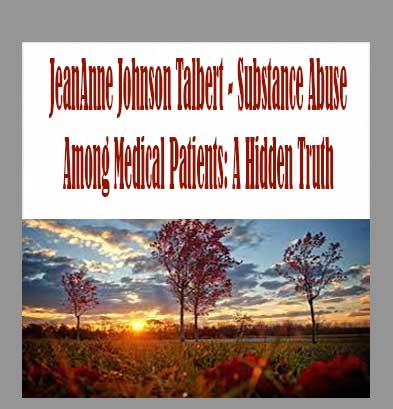

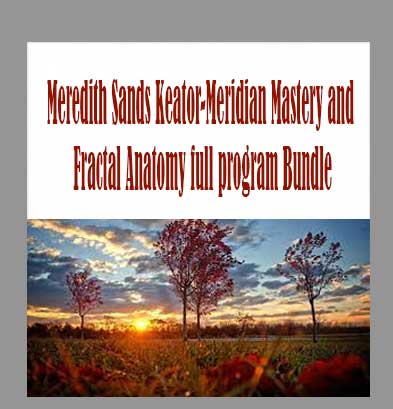
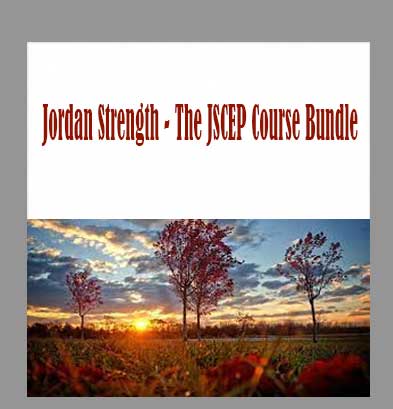
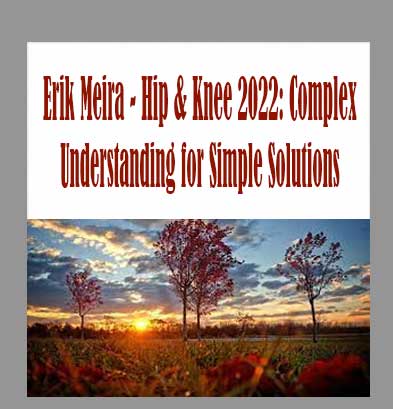

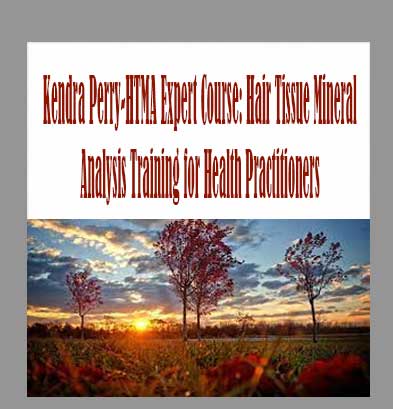
Reviews
There are no reviews yet.